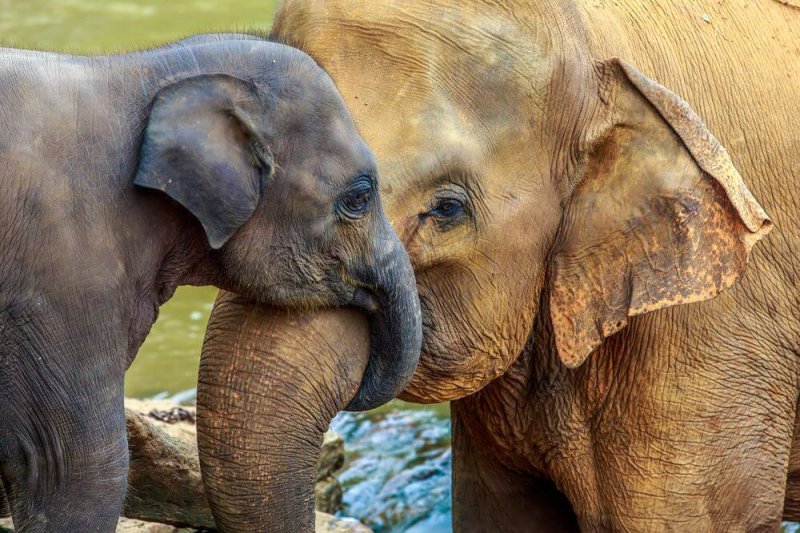…
[Author Vincent] Lynch and his colleagues began searching for other genetic differences in elephants compared to small-bodied mammals, specifically, for genes with extra copies. One in particular stood out: Leukemia Inhibitory Factor or LIF.…
Lynch thinks that LIF6 may also serve another function: slaying damaged cells. Most mammals—from the tiny pika to the massive minke whale—have just one copy of LIF. But elephants and their close relatives, including the manatee and the groundhog-like hyrax, have many.
…
LIF6 appeared in elephant genes some 59 million years ago, the study authors suggest. And initially, it was likely a useless, broken gene. But as elephants’ proboscidean ancestors evolved, so, too, did the gene. It was eventually reawakened as a working “zombie” gene—a change that may have helped elephants reach such momentous sizes unrestricted by cancer.
…
The ultimate hope is that studying animals’ cancer defenses can aid in the development of cancer treatments for humans.
Read full, original post: Cancer Rarely Strikes Elephants. New Clues Suggest Why































